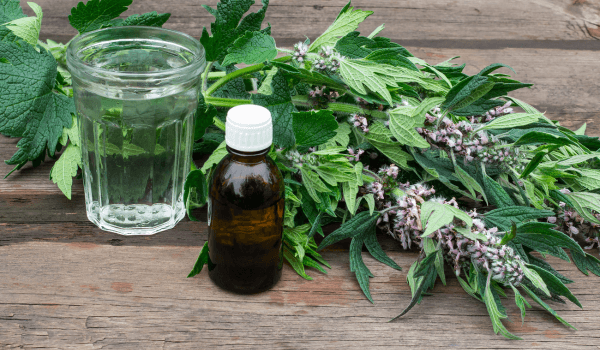Medicinal plants not only add beauty to your surroundings but also prove to be highly effective in warding off minor ailments. These plants not only help boost the immune system but also provide relief from common issues like colds, coughs, inflammation, indigestion, and burns. While these plants typically require minimal maintenance, they offer significant health benefits due to their medicinal properties.
Medicinal Plants
Here, we provide information about some such special medicinal plants that can be easily grown in small pots or containers, making them accessible for anyone looking to harness their healing potential in a home setting.
Aloe Vera
Aloe vera, abundant in medicinal properties, can be effortlessly planted in pots or containers. Its usage extends from alleviating joint pain and relieving constipation to addressing skin-related issues. Known for its effectiveness in weight management and promoting overall skin health, aloe vera requires minimal maintenance, making it a popular choice for home cultivation.
Curry leaves
Curry leaves, commonly known as “sweet neem,” are a staple in our kitchen, not only enhancing the flavour of dishes like dal, curry, or vegetables but also protecting the body from harmful toxins. Beyond taste, curry leaves are beneficial in managing cholesterol, and diabetes, and preventing infections. Additionally, other medicinal plants such as fenugreek, mint, hibiscus, brahmi, drumstick, giloy, periwinkle, garlic, carom seeds, turmeric, ginger, ashwagandha, Indian gooseberry, and neem can also be easily cultivated in home gardens, offering a plethora of health benefits.
Betel Leaves (Paan)
The usage of betel leaves in Ayurveda for therapeutic purposes dates back to ancient times. Betel leaves have been employed in various treatments, including healing skin wounds quickly and maintaining good digestion. It is recommended to plant betel leaf in an area where there is ample sunlight with some shade. Protection from heavy rainfall and intense sunlight is essential for its growth and well-being.
Giloy
Giloy, also known as Guduchi, is a vine-like plant with heart-shaped leaves that are green in colour. It is often found climbing on neem trees, where it is believed to exhibit its most beneficial properties according to Ayurveda. Giloy is renowned as a potent immunomodulatory herb, known for its effectiveness in boosting the body’s resistance against various diseases. Its leaves are commonly used as a medicinal remedy for conditions such as anaemia, jaundice, and fever. Giloy’s versatility and therapeutic qualities make it a valuable asset in traditional medicine systems, offering a natural and holistic approach to health and well-being.
How To Take Care Of Medicinal Plants
- Medicinal plants can be brought from a nursery as saplings or as ready-to-plant seedlings and transplanted into gardens or pots. They can also be prepared from seeds.
- Compost and cow dung manure are beneficial for the growth of plants.
- If preparing plants from seeds, soak the seeds in water for one to two days. Then allow them to germinate.
- Within 10 days, the seeds will germinate. After the seedlings are well-prepared, they can be planted in a pot or a nursery bed.
- By the 45th day, medicinal plants will be ready for use. Depending on your needs, you can harvest leaves or stems and allow the plant to continue growing.
- Growing medicinal plants in coco peat (finely ground coconut husk) instead of soil is quite easy.
